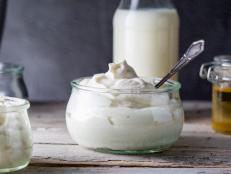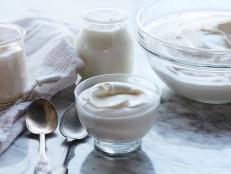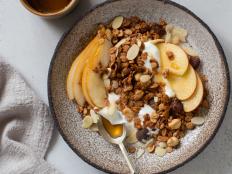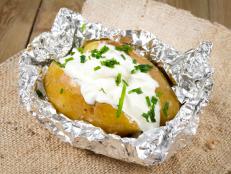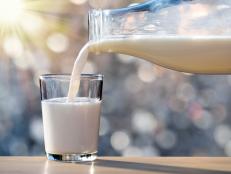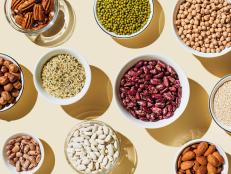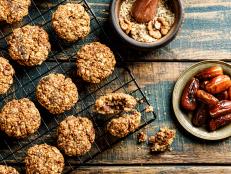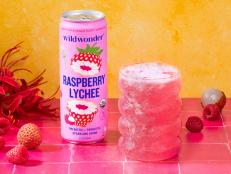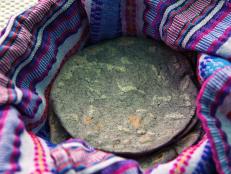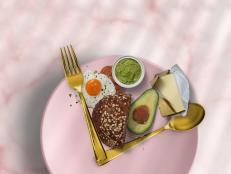Pros and Cons of Low Calorie Diets
The Pros
The beauty of a low calorie diet is that it isn't complicated to follow. As long as you can measure out your food portions and add and subtract, you can follow a low calorie diet. Simply keeping track of the amount and calories of food that you eat and restricting your intake by a couple hundred calories daily will have you on the road to a more svelte you. Measuring utensils, a pad of paper, and No. 2 pencil, or for the math impaired, a calculator, is all that is needed to begin losing weight on a low-tech, low calorie diet.
The food industry has also helped to make calorie counting a snap. By law, the majority of packaged foods must bear a Nutrition Facts Panel on their labels. This panel not only provides the item's serving size but also its calories per serving as well as other important nutrient information. Food packages that are too small to house the panel must provide the manufacturer's contact information on the label so that you can hunt down the calories directly from the food company.
Some restaurants are also helping calorie counters when they dine out by flagging specific lower calorie entrees on the menu and providing their nutritional content. For fast food diners, most eating establishments have the calorie information for their entire menu offerings posted on their website.
Another advantage of low calorie diets is that there aren't any foods that are forbidden or need to be avoided when counting calories, which is often found in other types of restrictive diets. It's the total daily calories that are being monitored, not the specific type of food. If you want a scoop of Chunky Monkey ice cream, you can enjoy it. However, you'll have 300 less calories to work with at your other meals and snacks in order for you to stick to your low calorie diet plan for that day.
The Cons
While the simplicity of counting calories makes this approach seem uncomplicated, unfortunately, there is more to food than just calories. Choosing your food choices solely based on numbers may reduce the calories you consume, but if you are eating a predominately low calorie junk food diet, the weight may come off, but it could be at the expense of your health. A low calorie diet isn't automatically a healthy diet. While a cup of orange soda contains fewer calories than the same amount of orange juice, the soda can't hold a candle to the juice when it comes to nutrition. Soda is basically sugar dissolved in water and devoid of any other nutrients. In comparison, eight ounces of OJ will meet your vitamin C needs for the day and is also an excellent source of potassium. To healthfully lose weight, you should follow a lower calorie, well-balanced diet that meets your nutritional needs by providing a variety of foods, such as whole grains, fruits, vegetables, fish, lean meats, poultry, dairy, and some vegetable oils.
Another caution about low calorie diets is that if you become overly zealous about calorie counting and reduce your calories too low, you could be putting yourself at risk of missing out on important nutrients, such as calcium and iron. It can become extremely challenging for women to meet their daily nutrient needs if they are consuming less than 1,600 calories daily.
Consuming a very low calorie diet can also cause weight loss to occur too rapidly and may make you feel fatigued and nauseous, cause constipation, and can also perpetuate the formation of gallstones. While losing weight at a rate of approximately ½ to 2 pounds weekly is generally regarded as safe, a more realistic goal would be to lose approximately 10 percent of your body weight over a six-month period. In other words, if you are overweight and need to shed 18 pounds, set your sights on losing no more than 3 pounds a month or less than a pound a week over the next six months.
Blake is a nutrition professor at Boston University and a nationally known writer, lecturer and nutrition expert.
























